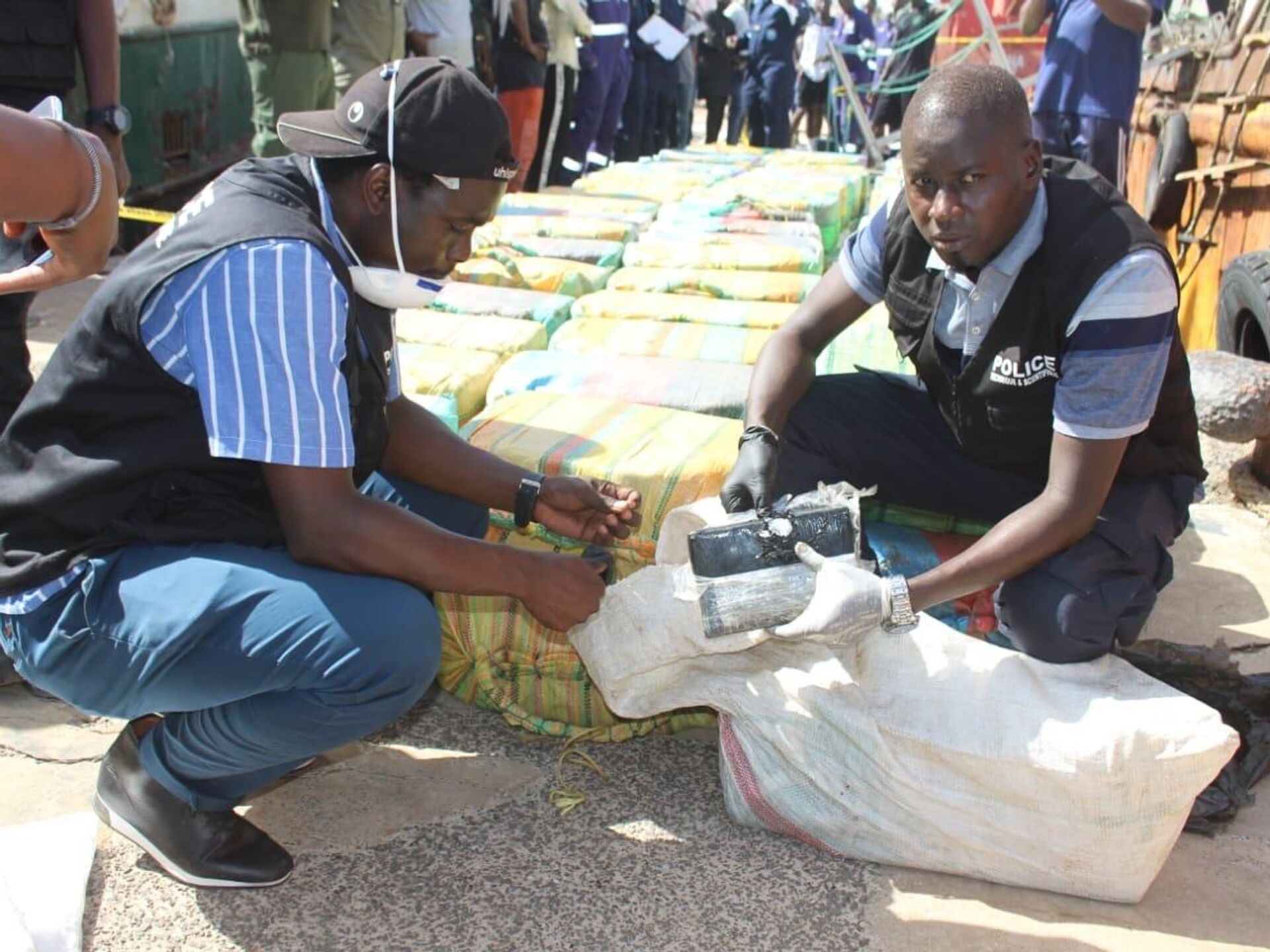
– In a major blow to international drug trafficking, the Senegalese navy has seized a staggering three tonnes of cocaine in just two operations, marking a record for the West African nation and raising concerns about the region’s growing involvement in the global drug trade.
Intercepted at Sea: The latest bust occurred on Thursday, when an offshore patrol vessel intercepted a suspicious boat carrying seven crew members approximately 425 kilometers off the coast of southern Senegal. The boat and its occupants were transferred to a naval base in the capital, Dakar, on Saturday, with authorities withholding details about the crew’s identities.
Massive Haul: Tests confirmed the seized cargo to be cocaine, with the navy estimating its street value at a staggering $210 million, or 126 billion CFA francs. This latest seizure comes on the heels of a similar operation on November 28, when authorities impounded nearly three tonnes of cocaine from another vessel near the coast.
Record-Breaking Seizures: These two major busts bring the total amount of cocaine seized by Senegal in less than three weeks to a remarkable six tonnes, surpassing all previous records for the country. In January, the navy also discovered over 800 kilograms of cocaine on a ship anchored near Dakar, further highlighting the increasing prevalence of the drug trade in the region.
Shifting Landscape: West and Central Africa, once considered primarily a transit route for South American cocaine destined for Europe, have now emerged as significant consumer markets themselves, according to the United Nations Office on Drugs and Crime. This growing domestic demand, coupled with porous borders and weak law enforcement, has created fertile ground for drug trafficking organizations to operate.
Global Implications: The Senegalese navy’s recent successes are a testament to their increasing vigilance and effectiveness in combating this illicit trade. However, the sheer volume of cocaine seized underscores the gravity of the situation and the need for international cooperation to disrupt these criminal networks and address the underlying factors driving the demand for drugs in the region.
